Science Wins the Day
3/22/2023
Media coverage and social media attention on the so-called “Dirty Dozen” list has declined quickly and significantly this year and is likely to mirror the low levels seen in 2020. In fact, few mainstream reporters and outlets have posted stories compared to previous years when coverage was already low.
Why the steady decline? Most reporters, editors and those on social media recognize that the list is scientifically unsupportable. Peer reviewed research clearly shows the recommendations in the “Dirty Dozen” list regarding substitution of organic produce for conventional does not result in any decrease in risk to consumers and that the list authors follow no established scientific procedures in the development of the list.
Further, the “Dirty Dozen” authors themselves acknowledge this by admitting their list does not assess risk nor do they apply basic tenets of toxicology in their methodology. From Environmental Working Group’s (EWG) “Dirty Dozen” report: “The Shoppers Guide does not incorporate risk assessment into the calculations. All pesticides are weighted equally, and we do not factor in the levels deemed acceptable by the EPA.”
It is difficult to reconcile peer reviewed science, EWG’s own admission regarding flawed methodology with the “Dirty Dozen” list’s unsupportable claims and conjecture. This leads media outlets to make the editorial decision not to cover the list.
On social channels, the efforts by registered dietitians/nutritionists to share produce safety information as well as the immense health benefits of eating more of these nutrient-dense foods with their audiences has effectively countered “Dirty Dozen” list claims on those platforms.
For media outlets that still report on the “Dirty Dozen” list, the Alliance for Food and Farming (AFF) is persistent and we reach out to those reporters and editors to ensure they have access to accurate produce safety information and then keep up our outreach all year long.
The AFF will continue its efforts to consistently provide science-based information and studies about produce safety and the benefits of consumption to media and other key audiences. Our work is having an impact not only to counter the so-called “Dirty Dozen” list, but a recent survey shows that overall consumer concerns about produce safety have declined by 10% since 2016.
Why is this work so important? Because only one in 10 of us eat enough fruits and vegetables each day and peer reviewed research has shown that “Dirty Dozen” list messaging may discourage consumers from purchasing any produce – organic or conventional.
Our message is simple: Read, learn, choose but eat more organic and conventional fruits and vegetables every day for better health and a longer life. And, don’t let anyone or any group discourage your choices when shopping for the produce you enjoy and is affordable and accessible for you.




